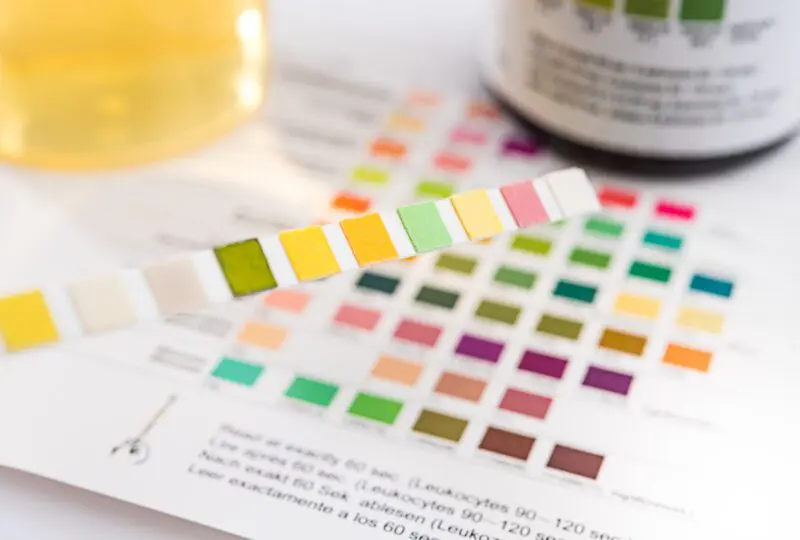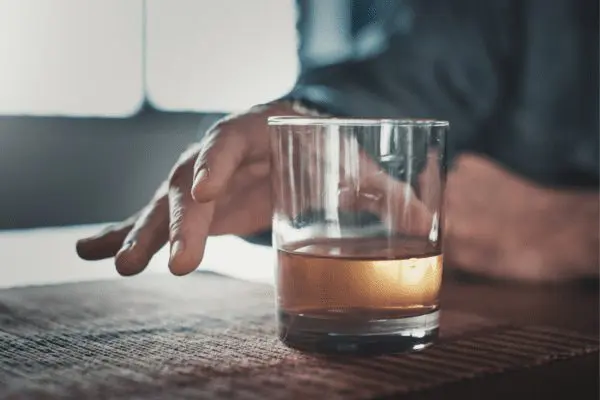Blog
Alcohol and Child Custody: Protecting Your Child’s Safety With an Alcoholic Co-Parent
Sharing custody with an alcoholic parent means being vigilant to ensure that your child is kept safe. Learn about how to prove alcoholism in custody cases and make sure that they stay sober while your child is in their care.
Blog
Divorcing Someone with Borderline Personality Disorder
Divorce is difficult for almost any couple but divorcing a spouse with borderline personality disorder may be exponentially more difficult.…



